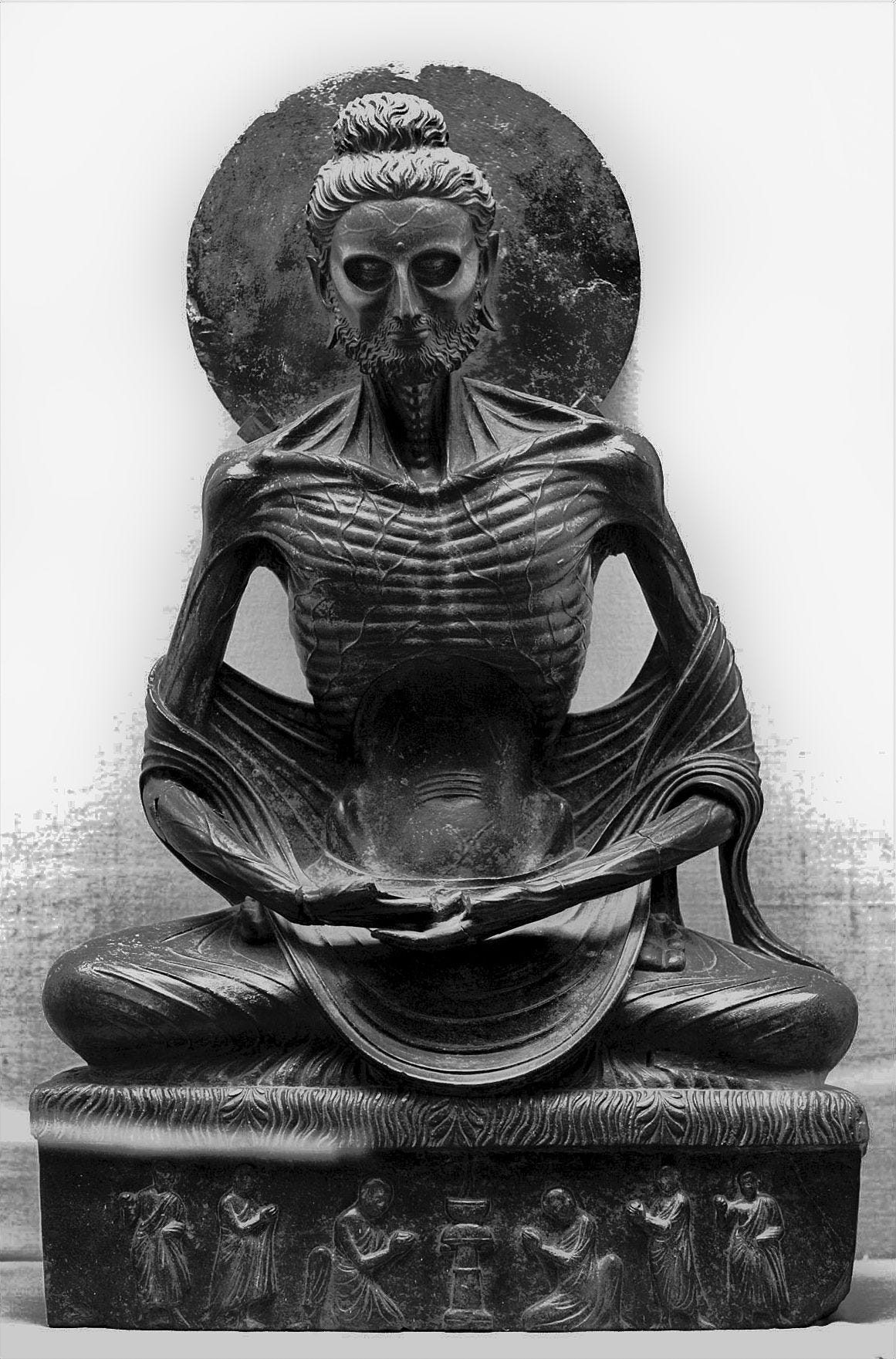When A Greek King of India Embraced Buddhism: The History of the Indo-Greek Kingdom
Words by Azam Anwar
Welcome to the Brown History Newsletter. If you’re enjoying this labor of love, please do consider becoming a paid subscriber. Your contribution would help pay the writers and illustrators and support this weekly publication. If you like to submit a writing piece, please send me a pitch by email at brownhistory1947@gmail.com.
Don’t forget to check out our SHOP and our Podcast.

When A Greek King of India Embraced Buddhism: The History of the Indo-Greek Kingdom

When we hear the word ‘Ancient Greece’, our mind might conjure up images of iconic city states such as Sparta or Athens—leaning towards the battle of 300 Spartans, debates of philosophers in Athens, or the epic siege of Troy. Yet, for many South Asians who hold a deep love for this historical period, Ancient Greece is often perceived as a part of Western heritage, seemingly distant from our own. But is that correct? Greeks had long been setting up colonies across the Mediterranean Sea, but what may surprise most the people is not the mere presence of a Greek colony but of a Greek Kingdom reigning in the heartland of the Indian subcontinent, the Indo-Greek Kingdom.
Imagine a Greek soldier riding through a village in ancient India, adorned in his famed attire, donning a Corinthian helmet with a bronze shield in one hand and a spear in another. Such images from the era of Indo-Greeks could ignite a sense of excitement —an era that, unfortunately, occupies a modest space in our textbooks.




